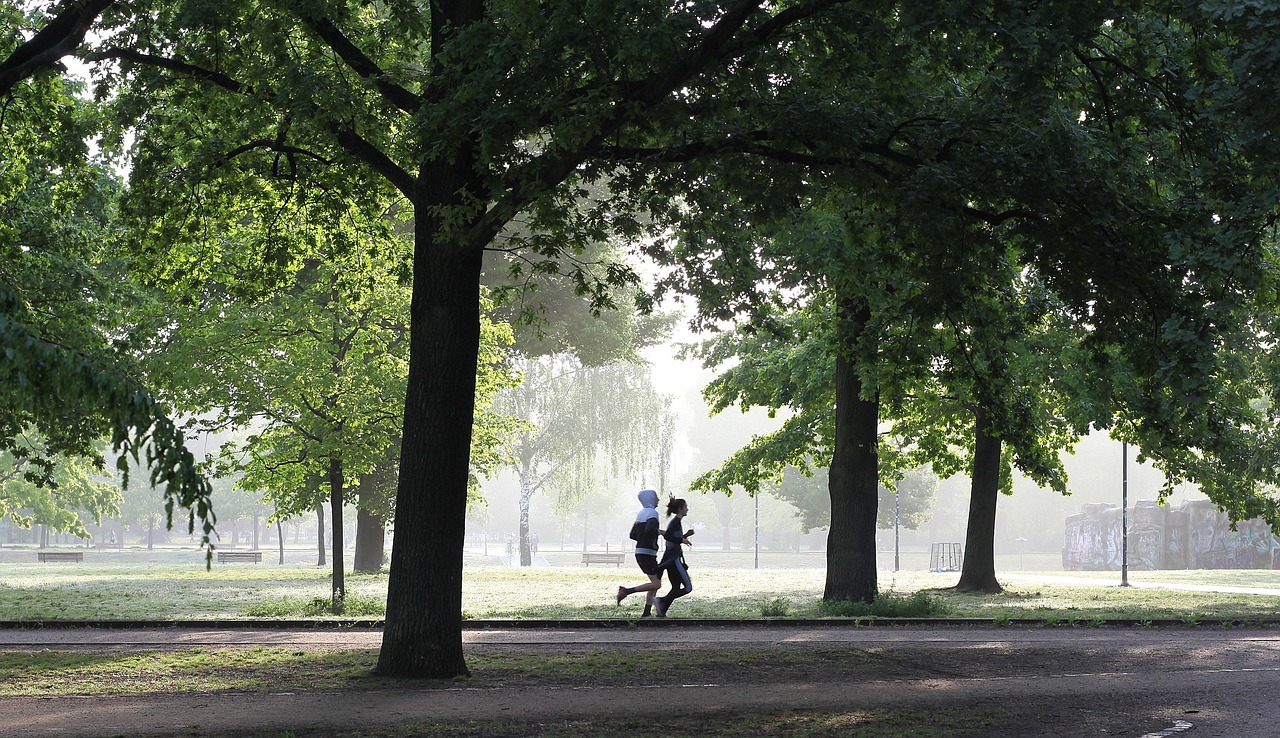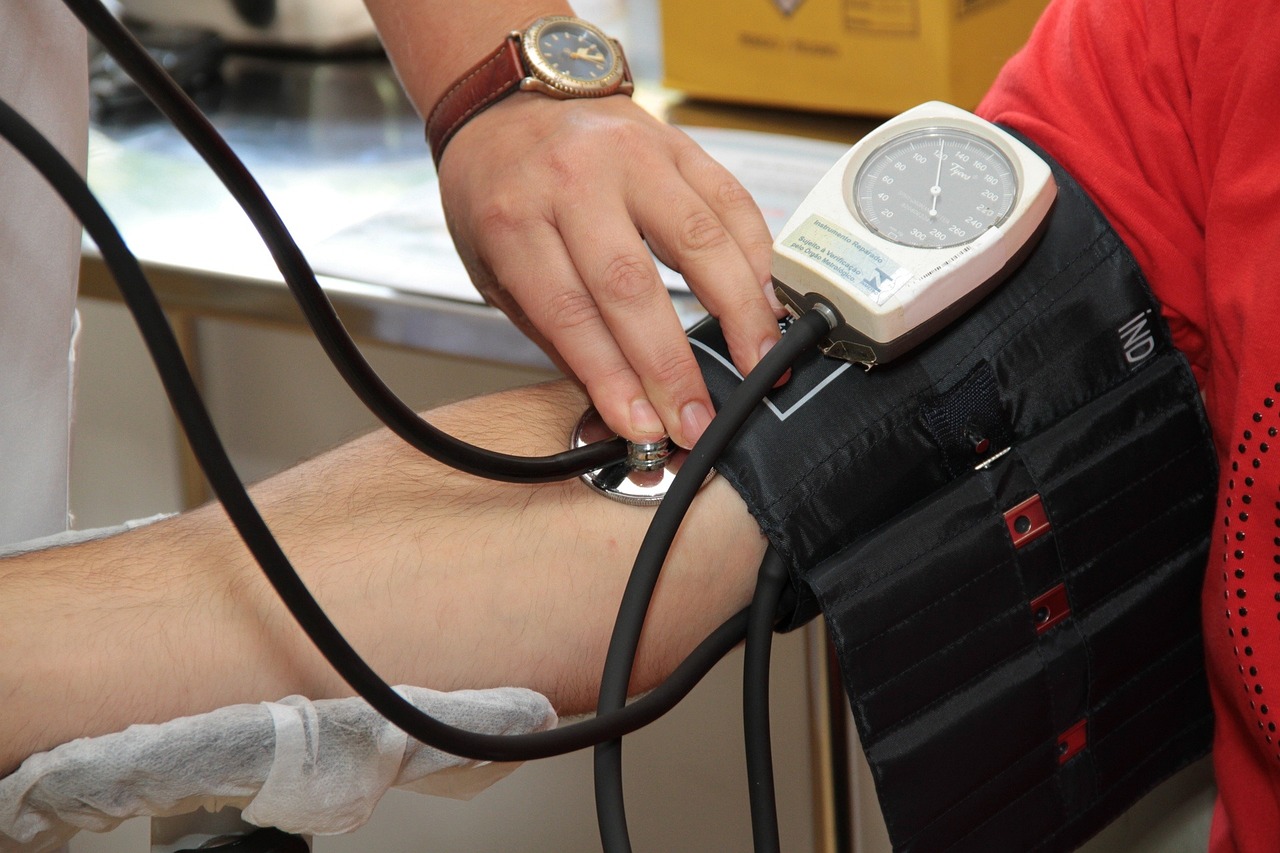
Running is a sport suitable for all age groups and is not limited by time or place. Consistent running can effectively improve blood circulation, enhance cardiopulmonary function, and accelerate metabolism. However, many office workers have tight work schedules and often don’t have time to run during the day, usually choosing to exercise in the morning or evening. Therefore, many people wonder: which is better, morning or night running? Doctors say that after reading the following content, you will find the answer.
I. Advantages and Disadvantages of Morning Running
Advantages:
There’s an old saying that morning is key to the day’s plan. When waking up in the morning, people are usually in their best mental state, and the humidity and temperature are also more suitable. If you can spare about half an hour for running, not only can you exercise your body, but you can also activate the sympathetic nervous system, making your thinking more active and agile, thereby improving work efficiency.
Disadvantages:
The main drawback of running after waking up in the morning is environmental factors. Before sunrise, the concentration of carbon dioxide in the air is higher. Especially in cities, pollution from industrial waste and car exhaust is more severe, and temperature inversion often occurs in the lower atmosphere in the morning. This phenomenon causes harmful gases to stagnate in the lower atmosphere, making it difficult to disperse. In this situation, outdoor running may indeed pose potential risks to health.
Additionally, if you start exercising in the morning without eating anything, once the intensity becomes too high, it can lead to low blood sugar issues. Therefore, it’s recommended to eat some bread and drink a glass of milk before morning runs.
II. Advantages and Disadvantages of Night Running
Advantages:
For many office workers, night running is quite an ideal choice. This time slot has no interference from other affairs, allowing people to fully immerse themselves in exercise. Moreover, Japanese research shows that during night runs, the number of platelets in the body can be reduced by about 20%, thus lowering the risk of vascular blockage. Additionally, the secretion of growth hormone and melatonin is more abundant after night runs, which helps improve immunity in adults and promotes sleep quality.
Disadvantages:
The disadvantages of night running are similar to morning running because after the evening rush hour, air quality is not very good. However, this problem doesn’t exist in rural areas. As the temperature is lower at night, blood vessels dilate during running, and sweat glands and pores also expand. If running at this time, damp and cold air might invade the body.
Furthermore, another drawback of night running is that after a busy day, both mind and body are tired, and bodily functions and reaction abilities decline. If you can’t fully concentrate during the run, there’s even a possibility of accidental injury. Moreover, running is an exercise that stimulates central nervous system excitement. If the running time is too late, it can also cause the brain to secrete more dopamine, affecting sleep. Therefore, it’s recommended to control running time before 8 PM.
In conclusion, doctors have provided answers regarding the best time for running. Whether it’s morning or night running, each has its own advantages and disadvantages. Everyone should make choices based on their physical condition and living environment. Additionally, it’s important to remind everyone to perform adequate warm-up exercises before running. Otherwise, the body may not be able to adapt from a static state to a moving state, easily leading to muscle strains.

